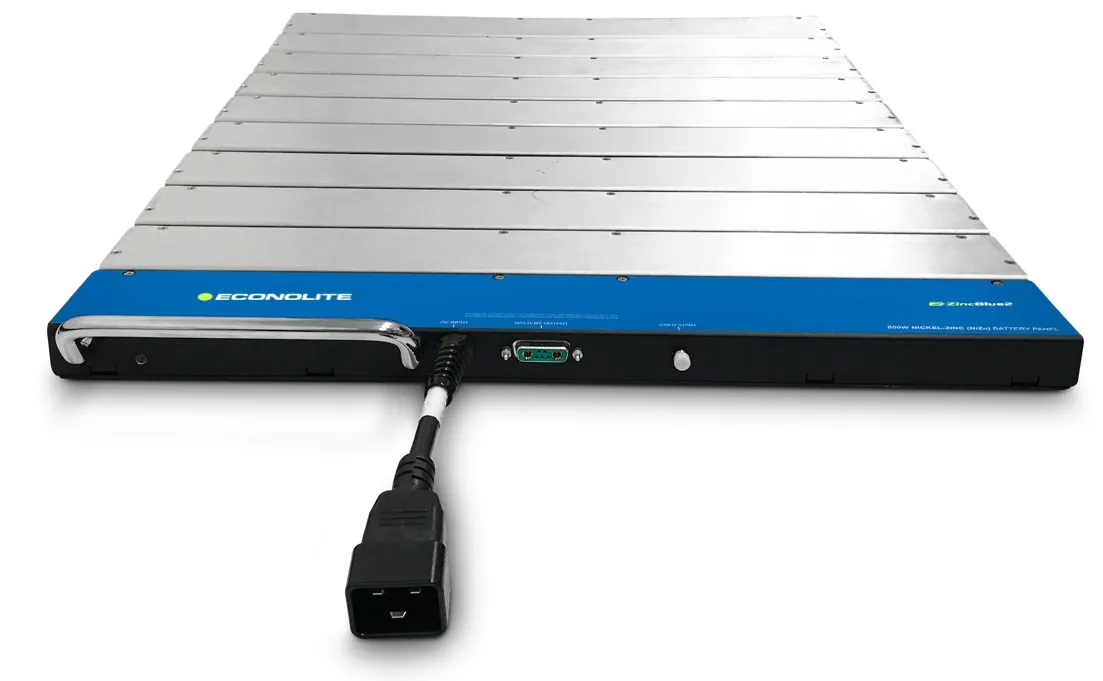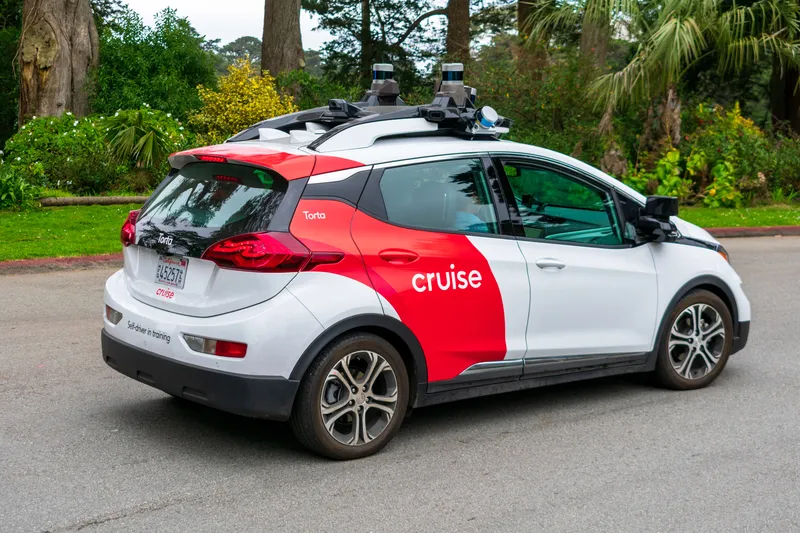
Florida Department of Transportation (FDoT) has added Econolite’s ZincBlue2 battery back-up system (BBS) to its Approved Products List.
It is designed to power signalised intersections and IT equipment even when utility power is lost.
FDoT has made the move under the 685-002-017 certification for uninterruptable power supply (UPS).
ZincBlue2 is an intelligent digital battery-based UPS solution which uses nickel-zinc chemistry and is half the size and weight of lead-acid batteries, Econolite says.
This makes it an "environmentally-conscious alternative to lead-acid battery systems".
The company says that 165 US transportation agencies in 40 states have switched from lead-acid BBS to nickel-zinc-based BBS, adding that ZincBlue2 reduces operational costs and the risk of environmental hazards.
Jim Madden, Econolite director, Eastern sales, said: “The Florida market now has a green, lightweight alternative to lead-acid-based BBS systems.”










